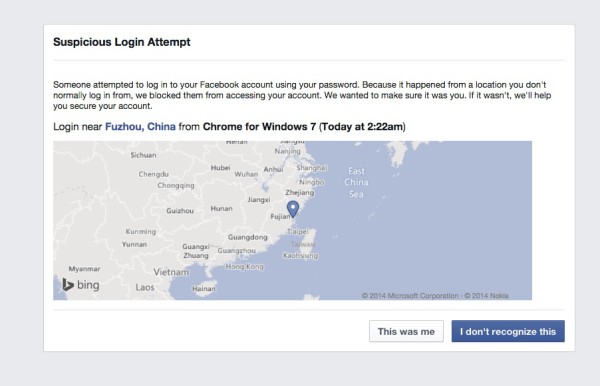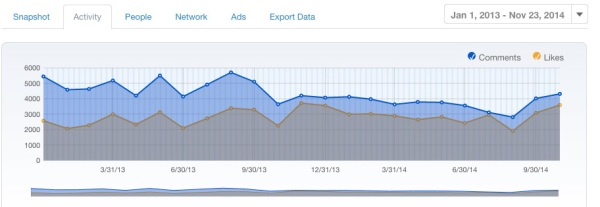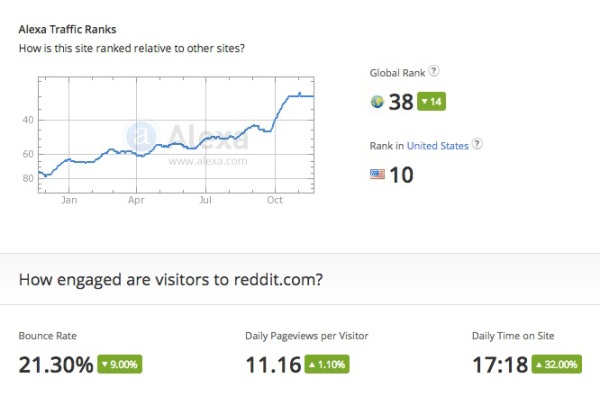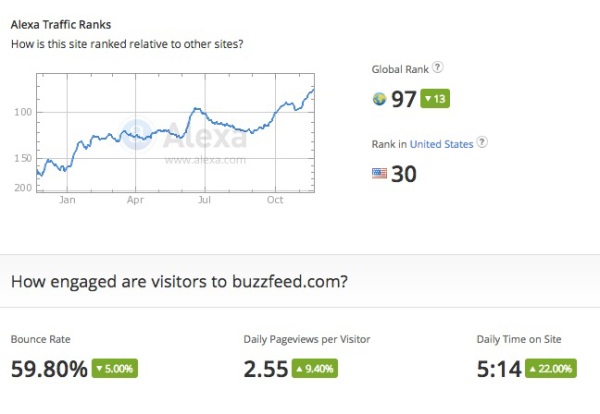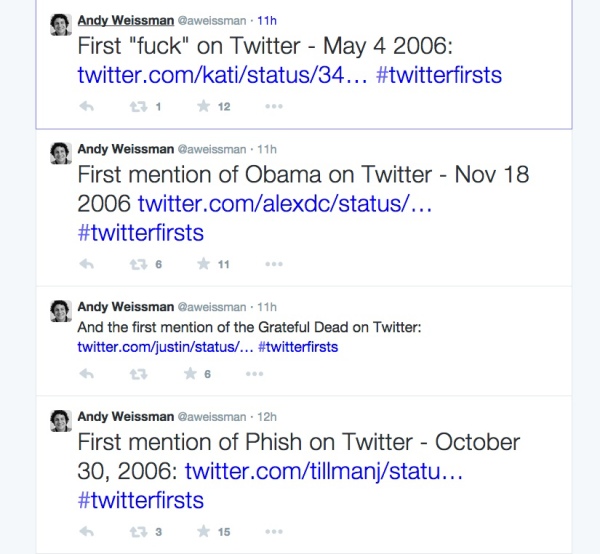What Just Happened?
I’m not much for the rear view mirror. I like to look forward, not back. I guess that’s why I’m in the line of work I’m in.
But I’m going to force myself to look back at 2014 and explain what just happened. Doing that will help me look forward (tomorrow?) and explain what is going to happen.
This is not an attempt to be comprehensive, or accurate, or anything else. This is what I think happened in 2014:
1/ the social media phase of the Internet ended. this may have happened a few years ago actually but i felt it strongly this year. entrepreneurs and developers still build social applications. we still use them. but there isn’t much innovation here anymore. the big platforms are mature. their place is secure.
2/ messaging is the new social media. this may be part of what is going on in 1/. families use whatsapp groups instead of facebook. kids use snapchat instead of instagram. facebook’s acquisition of whatsapp in february of this year was the transaction that defined this trend.
3/ the “sharing economy” was outed as the “rental economy.” nobody is sharing anything. people are making money, plain and simple. technology has made renting things (even in real time) as simple as it made buying things a decade ago. Uber and Airbnb are the big winners in this category but there are and will be others.
4/ the capital markets have moved to the internet. we call it crowdfunding but what is really going on is raising money is a great application of a global platform that connects billions of people in real time. i don’t know the total amount of capital that was raised on the internet across all sectors (equity, debt, creative projects, charity, helping a person in need, real estate, energy, etc, etc) in 2014 but i am sure it is in the tens of billions.
5/ mobile OS has become a stable duopoly around the world. but android is splintering into google android and non google android and that may lead to new large players. 2014 was a big coming out party for xiaomi. if and when they come to the US, things will get interesting. they are the new (and better) samsung.
6/ mobile and messaging has started to impact the enterprise. slack is the poster boy for this trend in 2014.
7/ youtube became a monster. it always has been. but in 2014 youtube emerged as the place for entertainment consumption for anyone under 16. and these youngsters are going to grow up quickly. watching The Interview on YouTube was a fitting end to an amazing year for the king (and queen and joker too) of Internet video.
8/ we finally got rid of files. dropbox, google drive, soundcloud, spotify, netflix, hbogo, youtube, wattpad, kindle, and a host of other cloud based services finally killed off three letter filenames like mp3, mov, doc and xls. spending a week in the caribbean with young adults and bad internet was the tell on this one for me. they don’t even have mp3s on their iphones anymore!
9/ the net neutrality debate emerged as a national political issue with Obama’s endorsement of Title II regulation of the last mile of the internet. it is unclear how this issue will resolve itself but the public has spoken loudly and clearly and politicians understand that the internet needs to remain open for innovation and we can’t let the monopoly carriers and cable companies mess that up.
10/ cyberwarfare, cybercrime, cyberhacking, and cybersecurity was by far the dominant theme of 2014. if anyone had their head in the sand on this one before this year, they don’t anymore. this is our new normal. the US takedown of North Korea’s internet last week, and the state department official’s comment that “i guess accidents can happen” is a moment to remember as we head out of 2014 and into our future.
so that’s what happened in 2014 according to me. i am sure i left out many important things. you can add them in the comments. hopefully i’ll write a whats going to happen in 2015 tomorrow. i tried hard to keep this post backward looking and had to edit out a lot of forward looking statements as i wrote it.
happy new year everyone.
